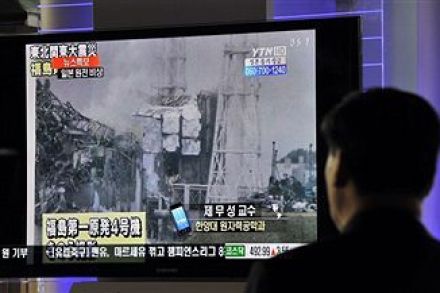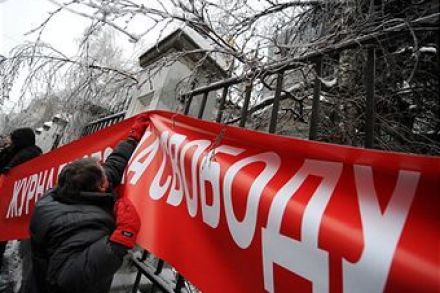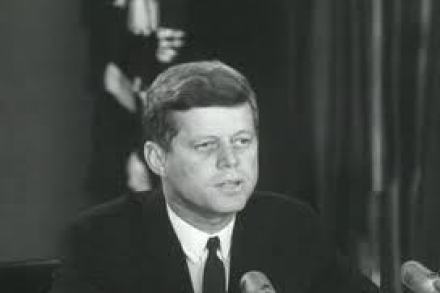From the archives: fleeing nuclear catastrophe
As the severity of the Fukushima nuclear disaster is upgraded and thousands of people are evacuated from Japan, here’s Samuel Phipps’ account of his own evacuation from Minsk following the 1986 Chernobyl explosion. A Sudden Evacuee, Samuel Phipps, The Spectator 10 May 1986 ‘You’ll be national heroes when you get back to England,’ said one of our Russian friends in Minsk, as we sat outside the hostel, waiting in the evening sunshine for our fates to be determined. Sure enough, pictures on Friday lunchtime television showed a relieved mother pouring champagne over her relieved Sloane Ranger daughter at Heathrow. In the studio afterwards, the girl somehow got the conversation around














